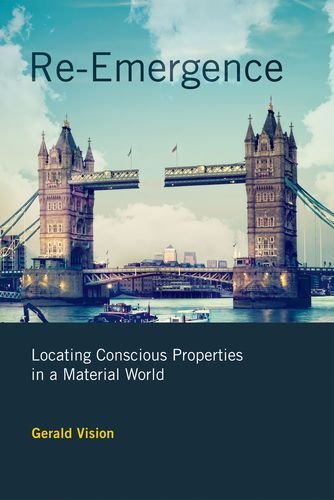

Most ebook files are in PDF format, so you can easily read them using various software such as Foxit Reader or directly on the Google Chrome browser.
Some ebook files are released by publishers in other formats such as .awz, .mobi, .epub, .fb2, etc. You may need to install specific software to read these formats on mobile/PC, such as Calibre.
Please read the tutorial at this link: https://ebookbell.com/faq
We offer FREE conversion to the popular formats you request; however, this may take some time. Therefore, right after payment, please email us, and we will try to provide the service as quickly as possible.
For some exceptional file formats or broken links (if any), please refrain from opening any disputes. Instead, email us first, and we will try to assist within a maximum of 6 hours.
EbookBell Team

5.0
60 reviewsThe presence of sentience in a basically material reality is among the mysteries of existence. Many philosophers of mind argue that conscious states and properties are nothing beyond the matter that brings them about. Finding these arguments less than satisfactory, Gerald Vision offers a nonphysicalist theory of mind. Revisiting and defending a key doctrine of the once widely accepted school of philosophy known as emergentism, Vision proposes that conscious states are emergents, although they depend for their existence on their material bases. Although many previous emergentist theories have been decisively undermined, Vision argues that emergent options are still viable on some issues. In Re-Emergence he explores the question of conscious properties arising from brute, unthinking matter, making the case that there is no equally plausible non-emergent alternative. Vision defends emergentism even while conceding that conscious properties and states are realized by or strongly supervene on the physical. He argues, however, that conscious properties cannot be reduced to, identified with, or given the right kind of materialist explanation in terms of the physical reality on which they depend. Rather than use emergentism simply to assail the current physicalist orthodoxy, Vision views emergentism as a contribution to understanding conscious aspects. After describing and defending his version of emergentism, Vision reviews several varieties of physicalism and near-physicalism, finding that his emergent theory does a better job of coming to grips with these phenomena.